Why Early College?
Environment
Teens search for belonging but also seek their own path. Both are possible with Early College.
Teens want to belong, but they need to find their unique voice, too. To navigate all this, teenagers need to feel support and acceptance during the huge changes that occur in adolescence. But that often doesn’t happen in traditional high school settings, where social pressures and lack of peer acceptance often result in unnecessary stress in high school students. This can hamper the main reason for high school--learning.
Early College provides something different. Community college campuses around the country exhibit some of the most diverse groups of people in different stages of life and learning. This community can be more encouraging and supportive for all types of students, including your teenager. This is the type of inclusion that gives teens the space to confidently explore and grow.
Not only are there benefits to the social environment, but also a teen’s community college learning experience. College instructors spend their class time teaching the subjects they’re passionate about and almost zero time on classroom management, so students are more engaged. There is less “busy work” and fewer distractions. All this leads to improved learning for teens, which is, of course, the reason they are in school.
Time
Teens learn time management and as they do, they learn more about themselves.
Time management is life management. Early College students get to organize their time with greater independence and flexibility, based on their own priorities and interests. They learn to do it themselves, not according to a rigid high school criteria. In the process, Early College students gain experience with this life-skill that is so critical to success, which will serve them as they navigate the demands of a university and life beyond.
Early College also allows a teen to have more unstructured time, which is increasingly rare these days. With this gift of extra time, a teen may explore interests, get a part-time job, or simply have a bit of down time. Teens have some power to choose how they use this unstructured time. Time to hang with family and friends, time to process confusion and consider life challenges, and time to spend on personal creative endeavors are all possible on the Early College path.
Affordability and Access
Students save tens of thousands of dollars through Early College Programs, paving the way for a much brighter economic future.
The average student loan debt in America is $30,000, almost twice as much as credit card debt, and it’s growing every day. The typical college graduate needs almost twenty years to pay off their student loan. These figures scare many students and their families as they consider their college options.
Early College offers a more affordable path. The cost of the college classes that students take are almost always covered by their Early College High School. So, they’re free! The average cost of attending a public university is $25,000 a year. If you complete two years of Early College, a student can save about $50,000 in college expenses. Unshackled from debt, graduates can use their salaries to grow wealth, or they might attend graduate school, which will allow them to earn even higher salaries in the future.
These potential cost savings create more equitable access to higher education. For many families, college—with its inflated price tag—seems daunting. Earning Early College credits helps remove those barriers by making college more affordable. Once one person in a family goes to college, others follow because they now know it can be done. Small opportunities often spur big societal change.
Rest
A rested teen is a healthier, happier, focused teen.
Tired teens learn less effectively and are more vulnerable to social and academic pressures. Studies have proven that lack of sleep leads to poor physical and social outcomes. During adolescence, there is a strong tendency toward being a “night owl”, staying up later at night, and sleeping longer into the morning. Many teens attending traditional high school are forced to wake up early in the morning resulting in insufficient rest and diminished academic and physical performance, as well as more impulsive behaviors and accidents.
Early College allows teens to build a class schedule that supports their personal daily rhythm. A student can choose to start classes later in the day or even at night. When they create a schedule that best suits them, teens get more consistent rest which leads to sharper focus during class. Better rest can also improve relationships, enhance creativity, and boost enthusiasm for their lives outside the classroom.
Motivation
Given more autonomy, motivation will skyrocket.
We discover more motivation when we experience the independence and power to determine the course of our own lives, according to Dan Pink, a leading researcher on motivation. Standard high school demands can leave teens feeling powerless, as they spend countless hours managing classes that seem irrelevant. These schedules leave little down time for rejuvenating activities, often leading to burn out, a term most often associated with middle-aged workers, not vibrant teens.
Early College provides educational efficiency, eliminating the wasted time and busy work of high school. Students can customize their schedule and make choices that suit their own needs. When they take control of their own learning, they report more pride in their educational journeys, and their motivation to succeed multiplies.
What Teens Are Saying About Early College
Emily M.
StudentLucca
StudentIsabelle V.
StudentDaysia J.
StudentSam P.
StudentEmily N.
Student





